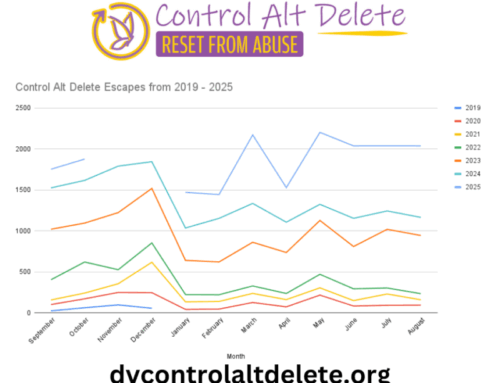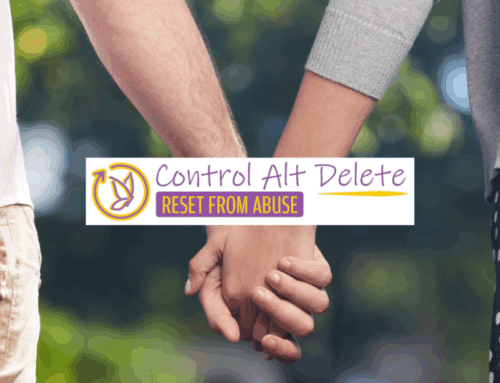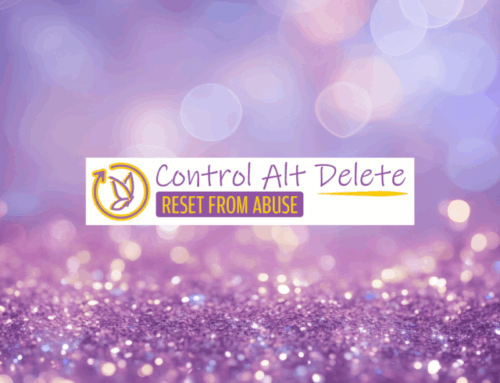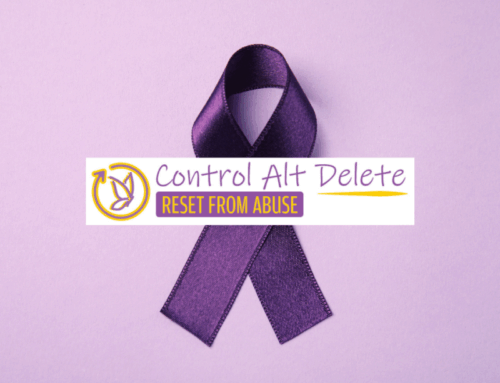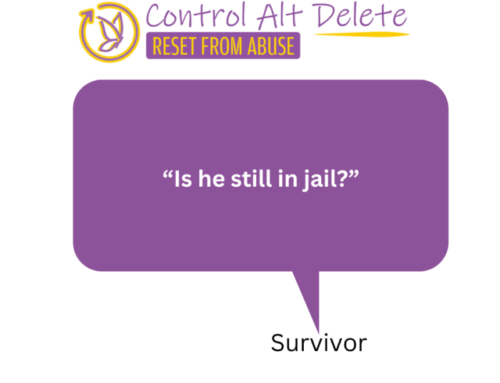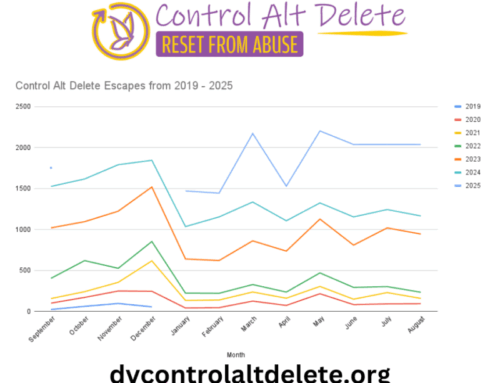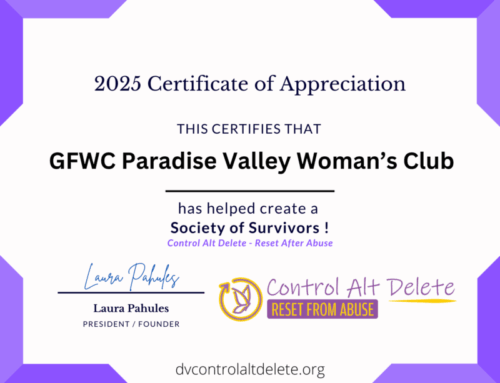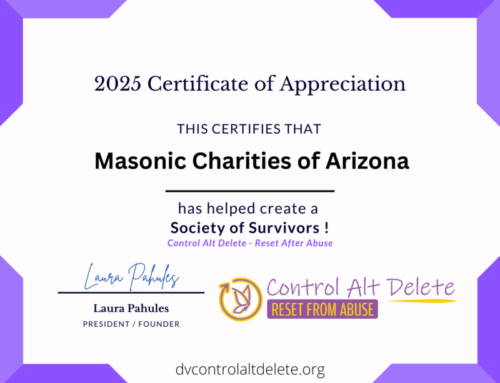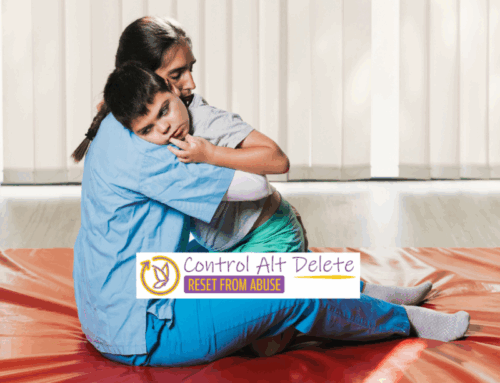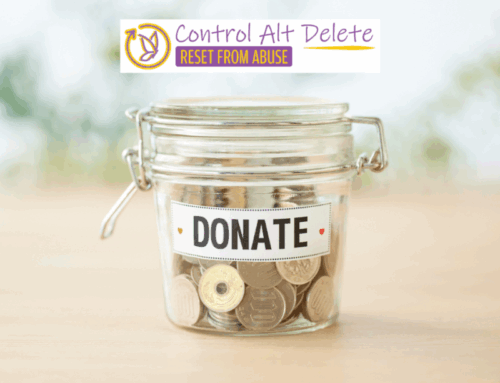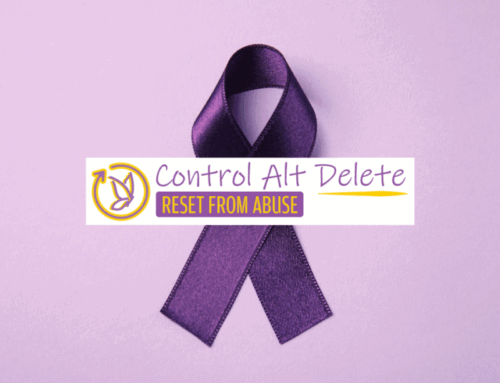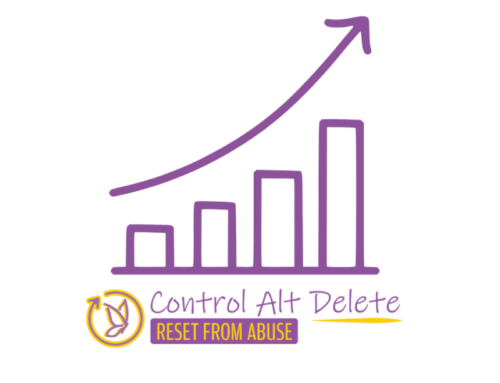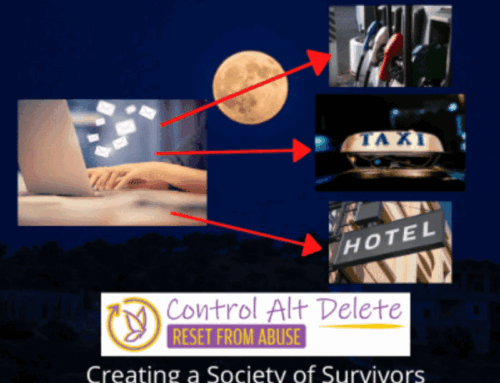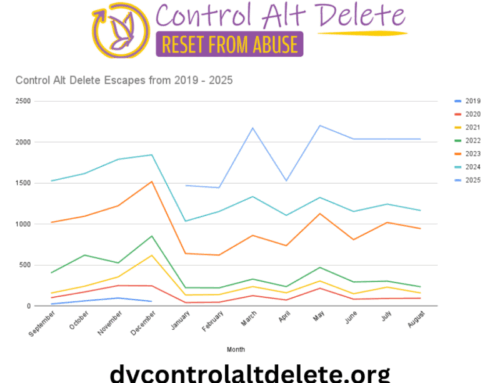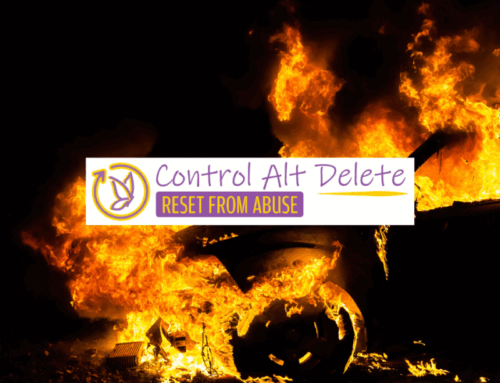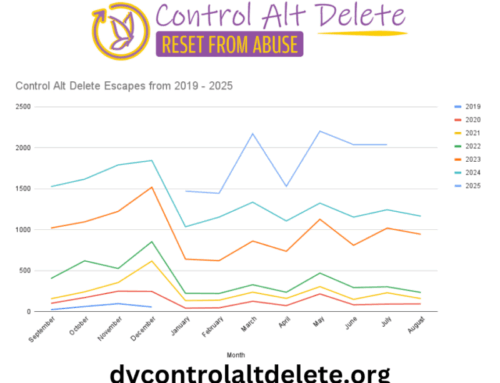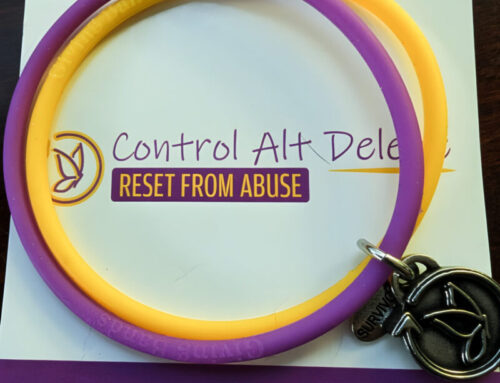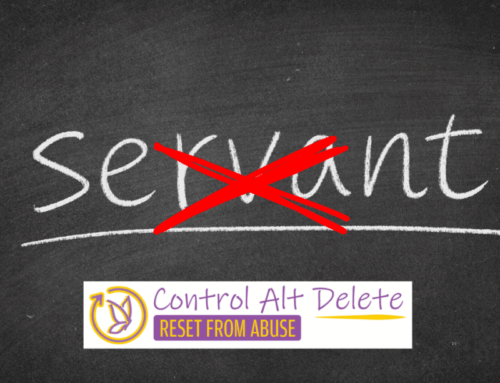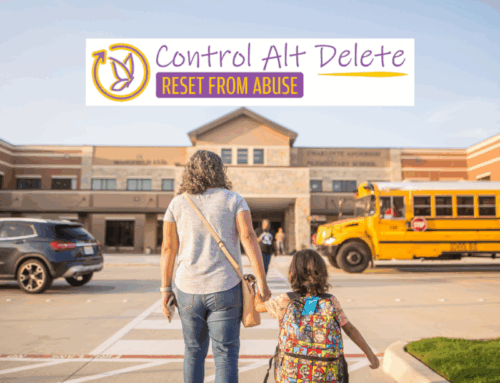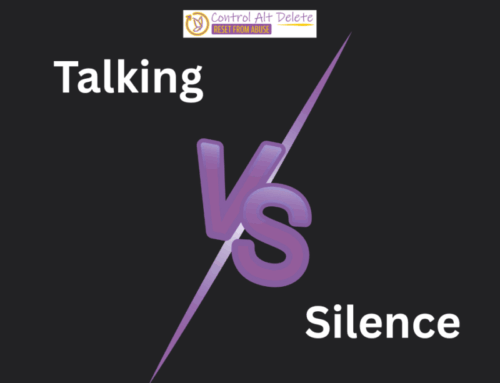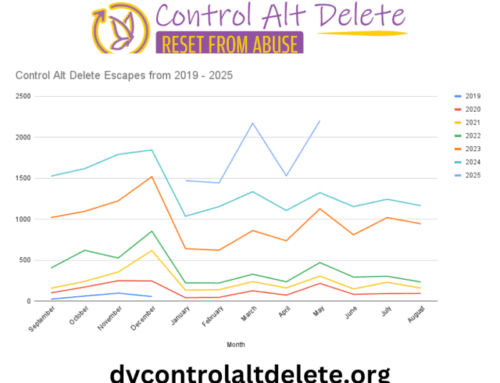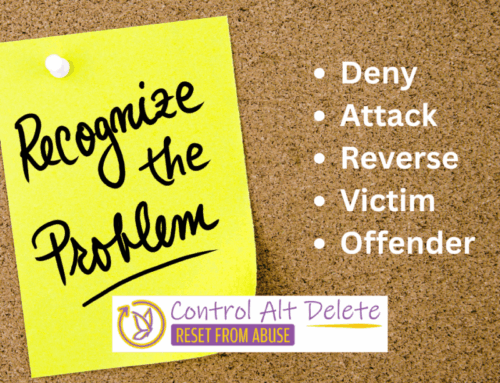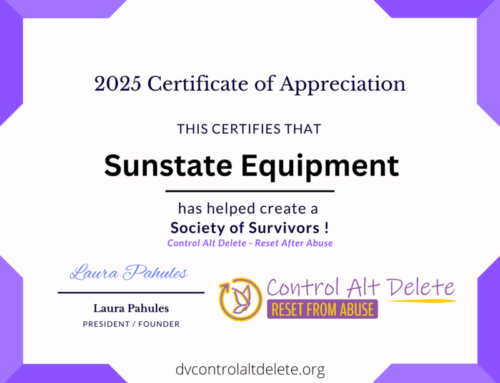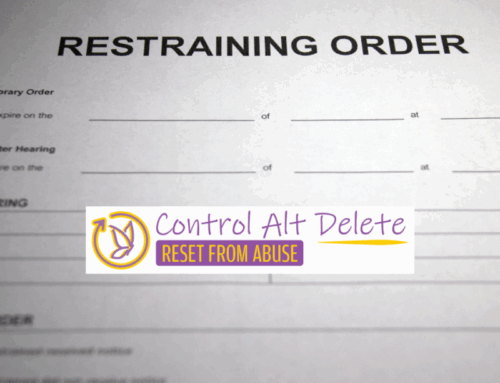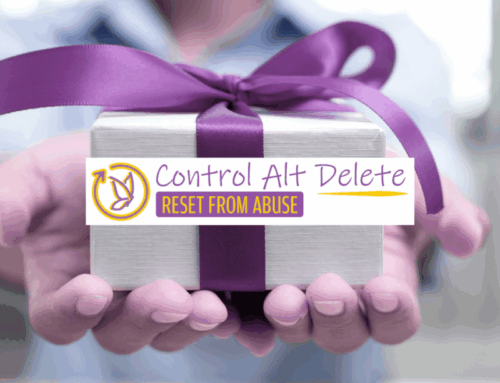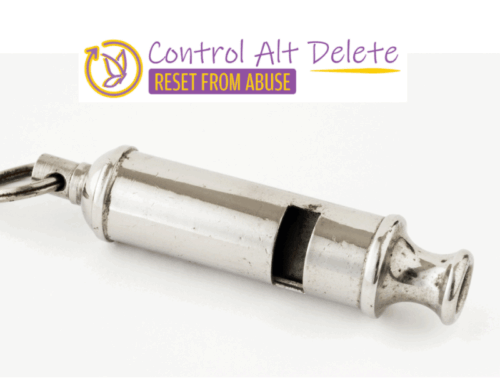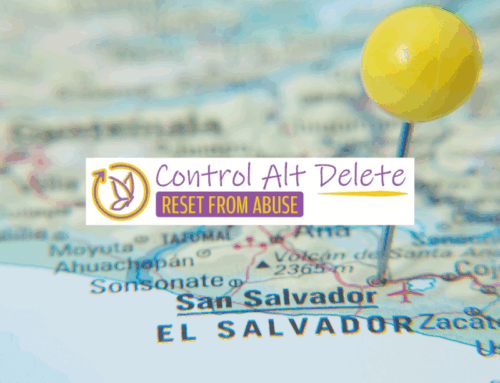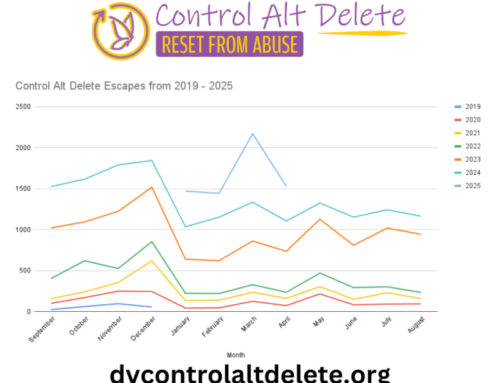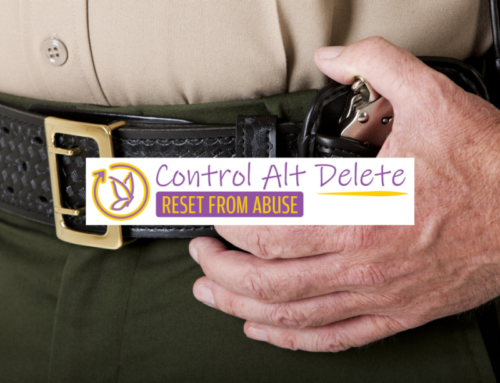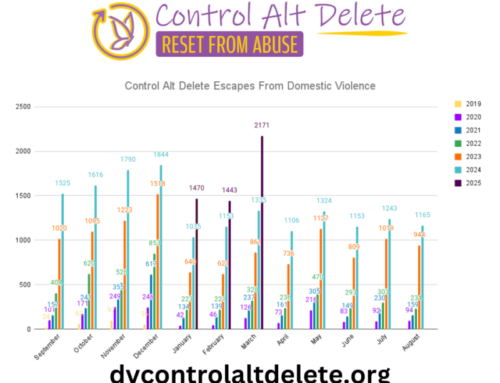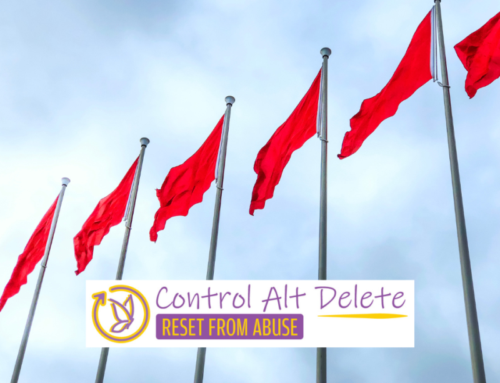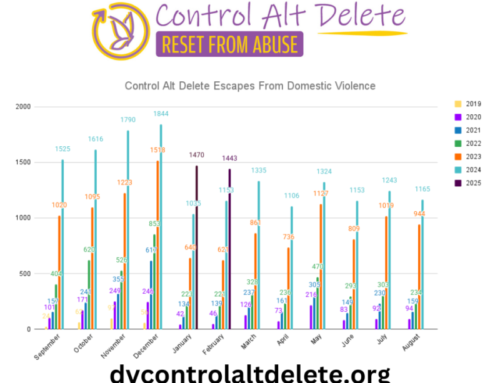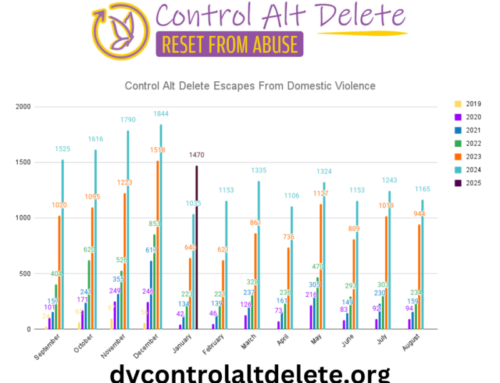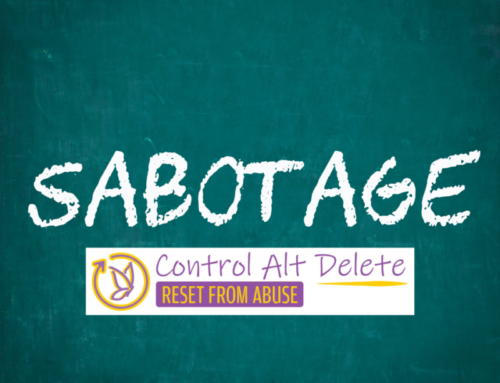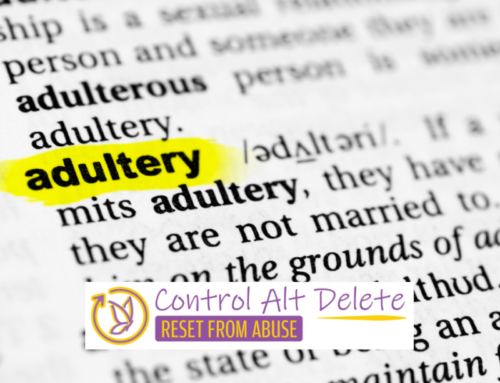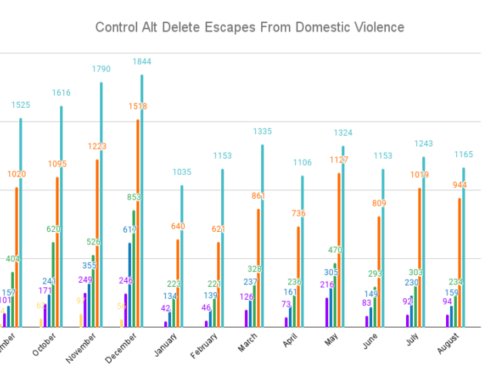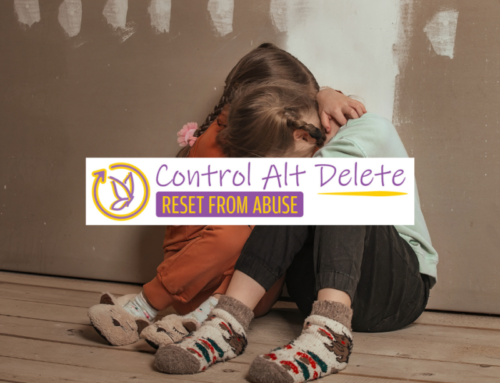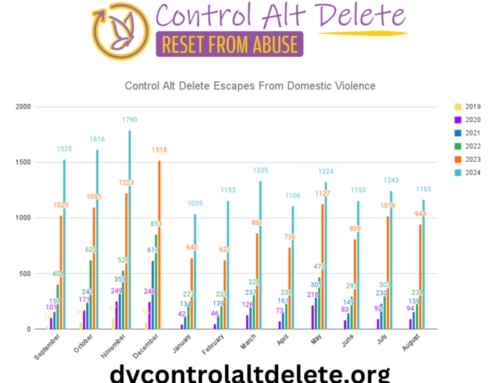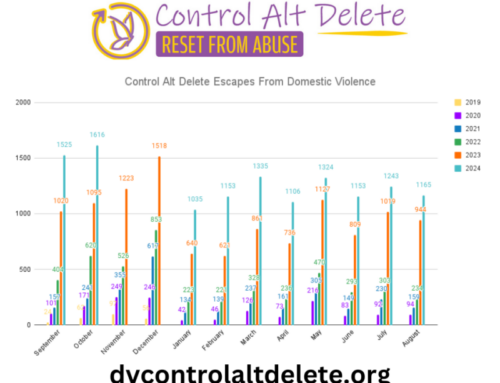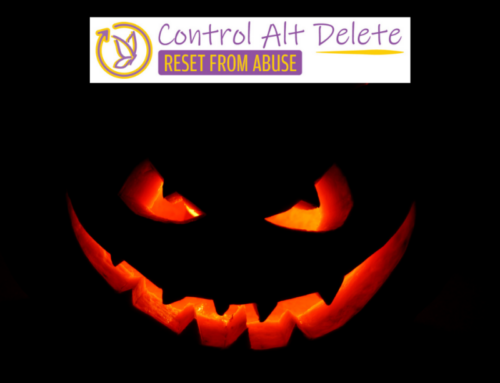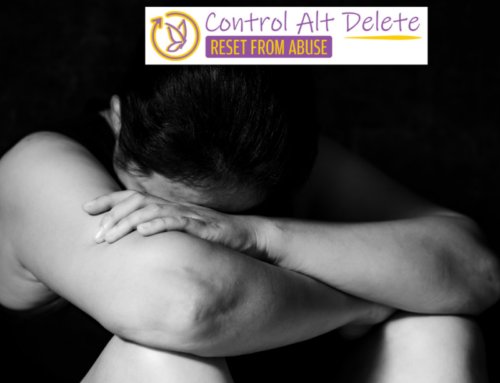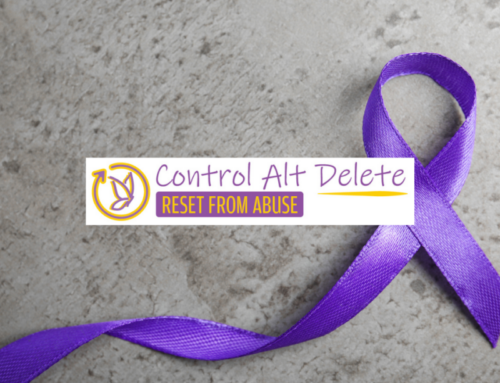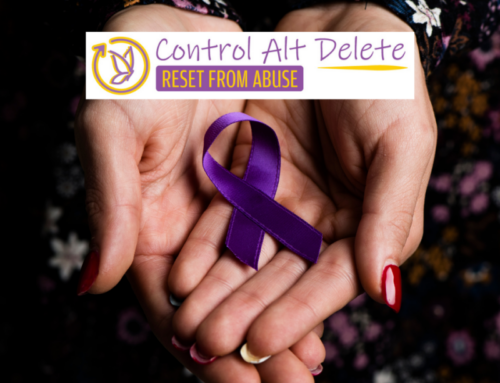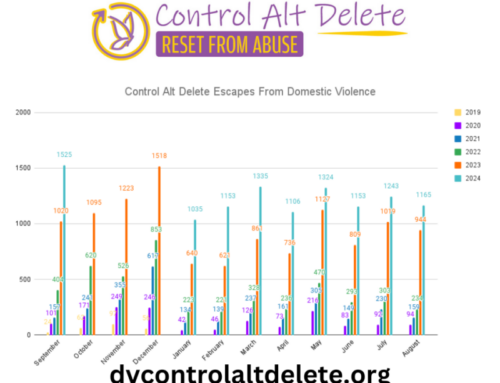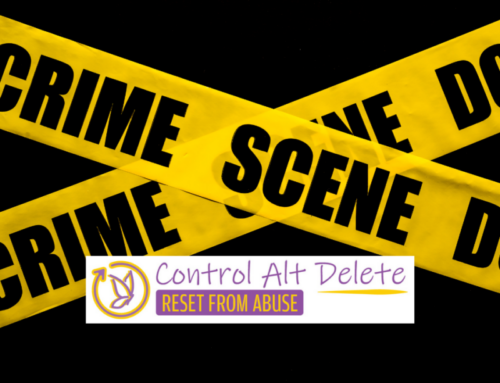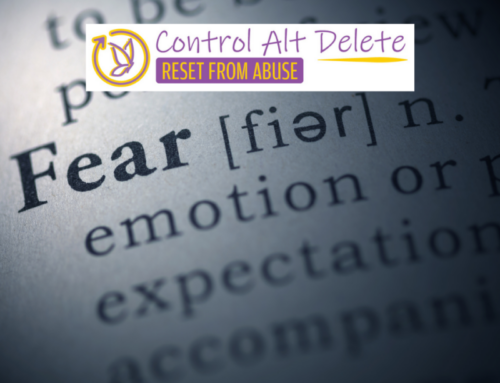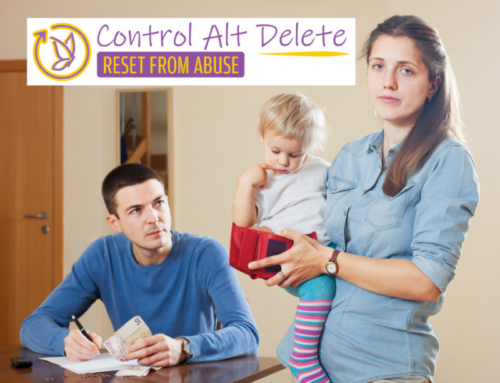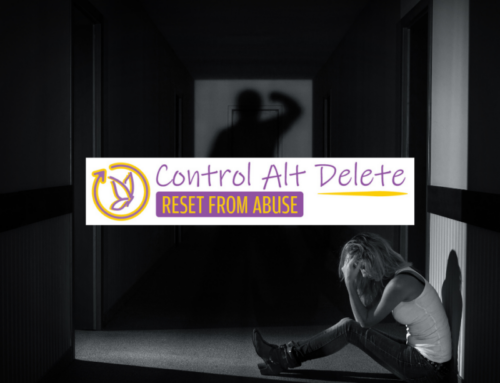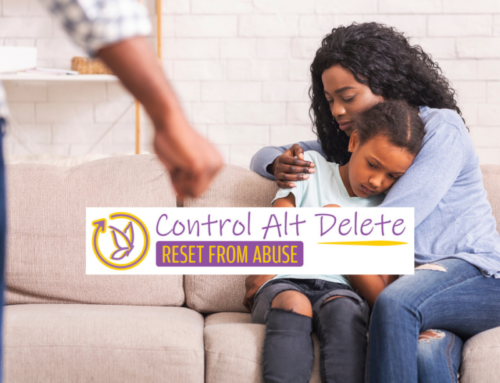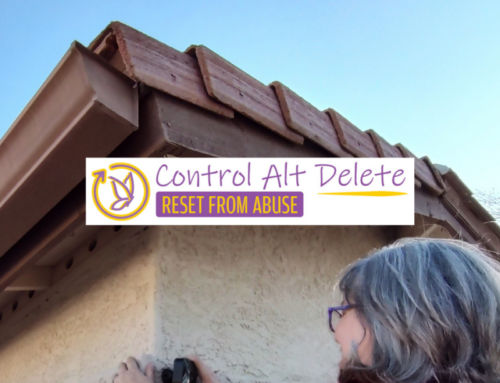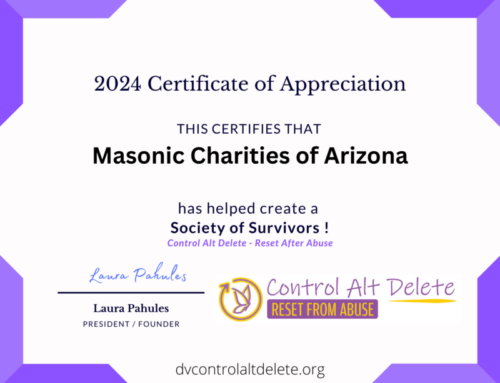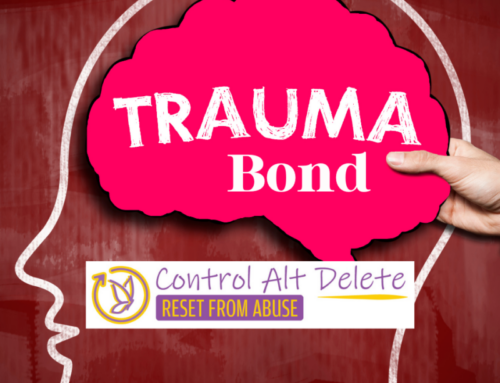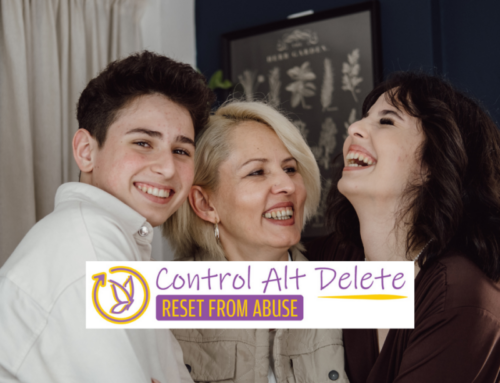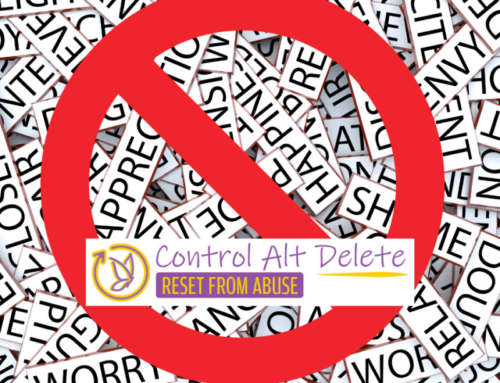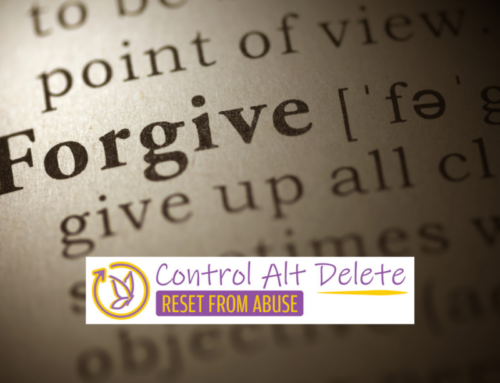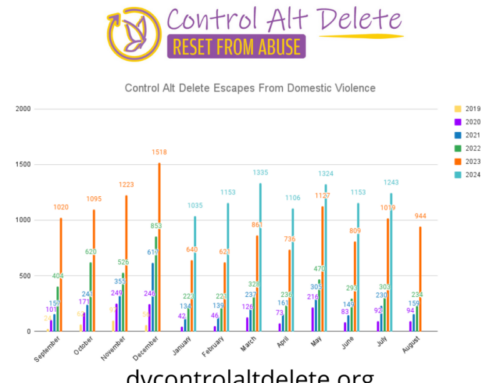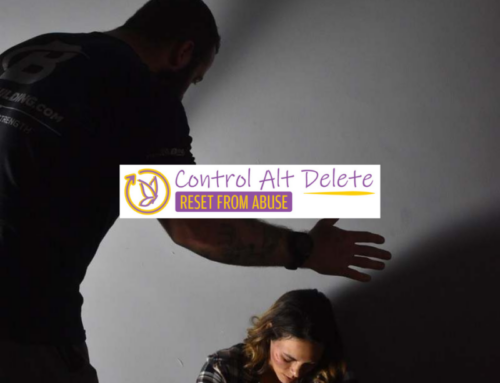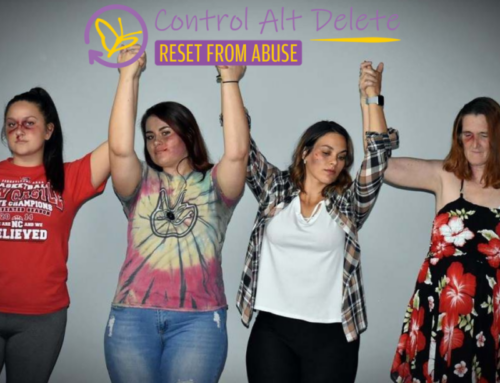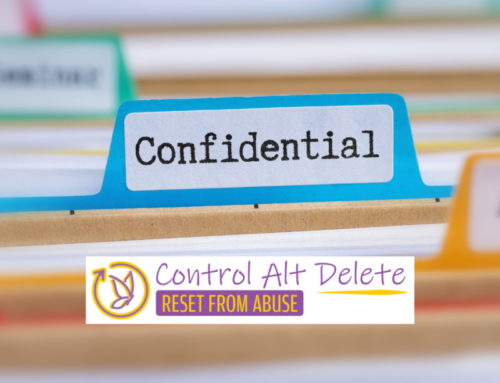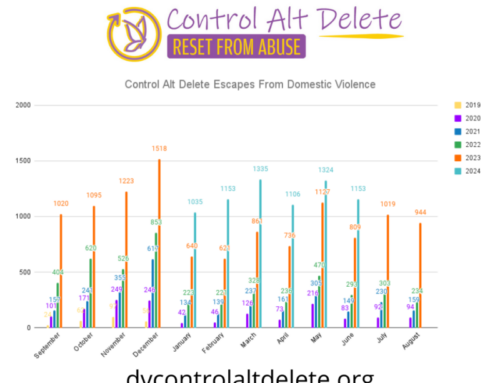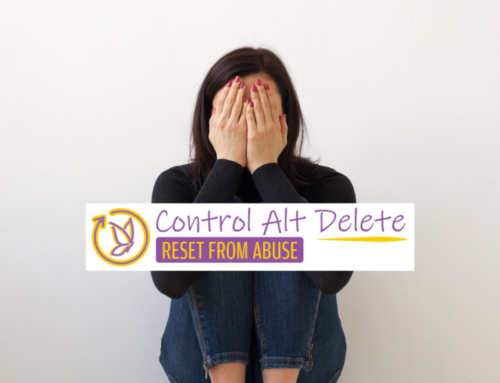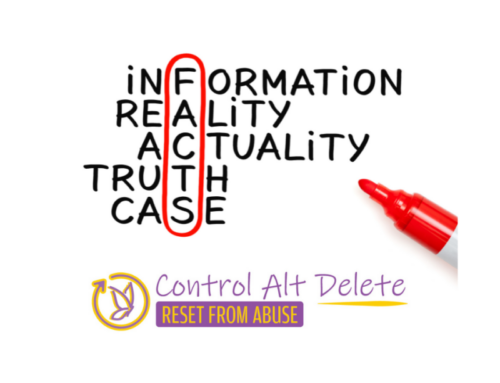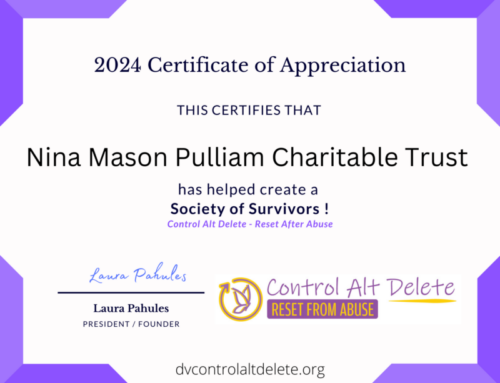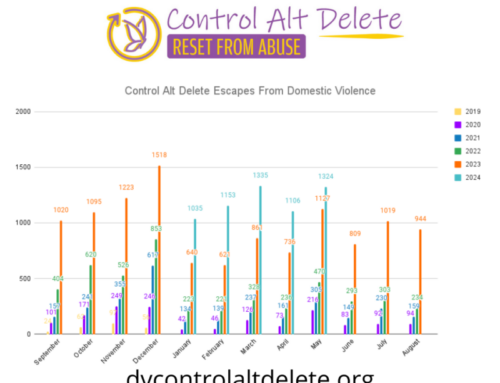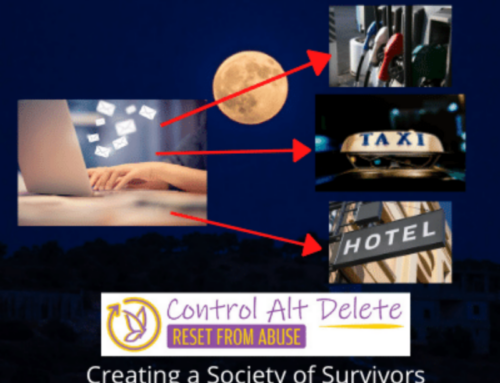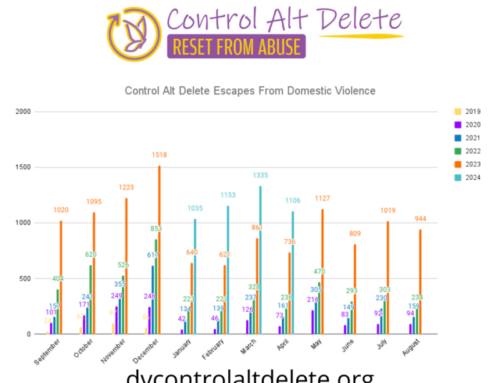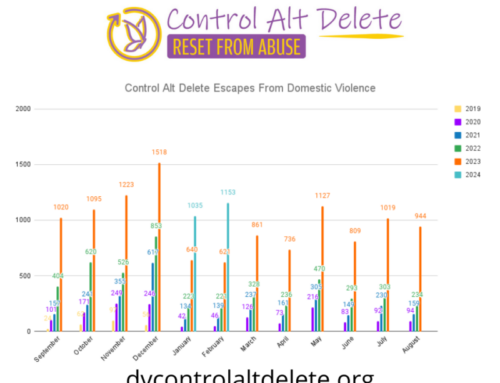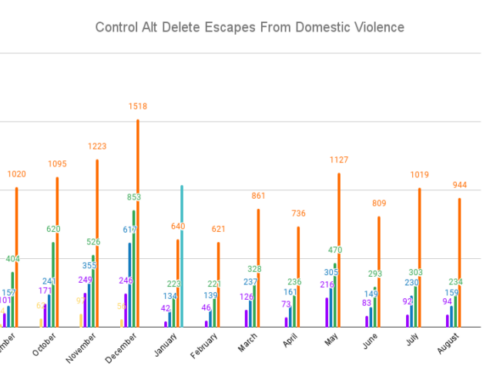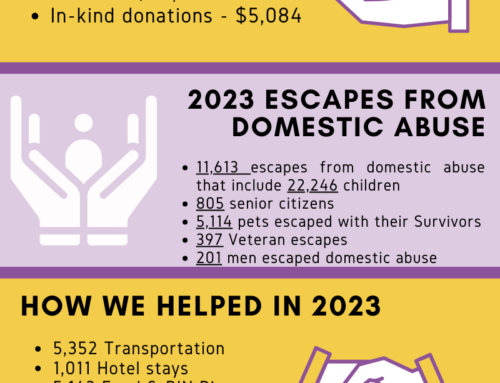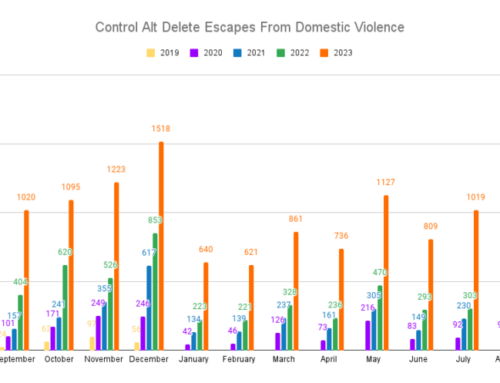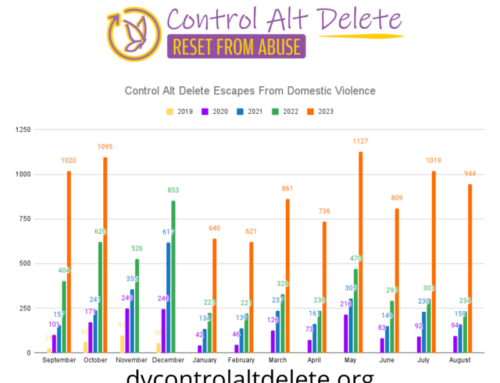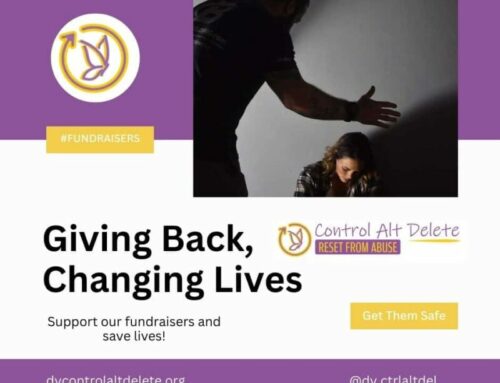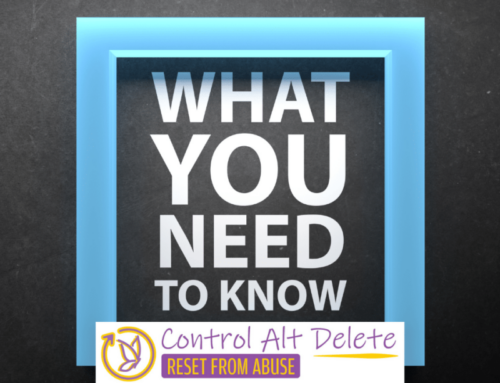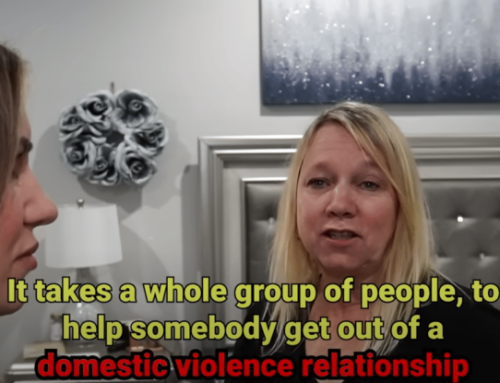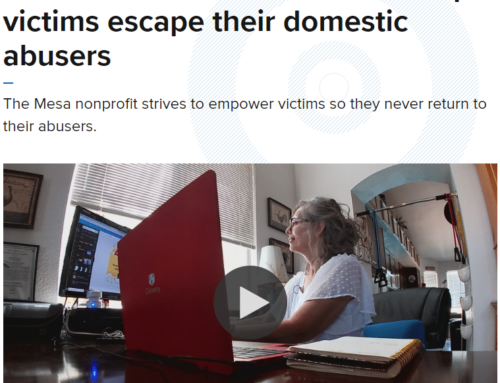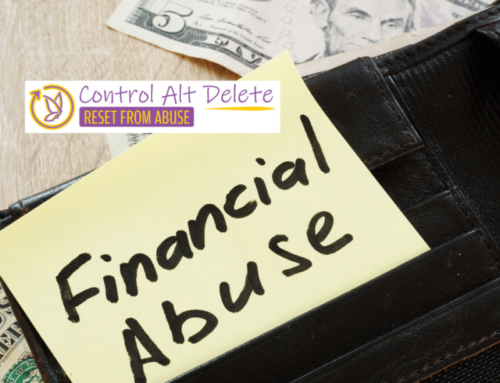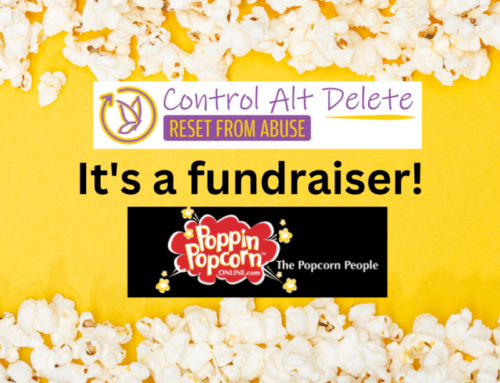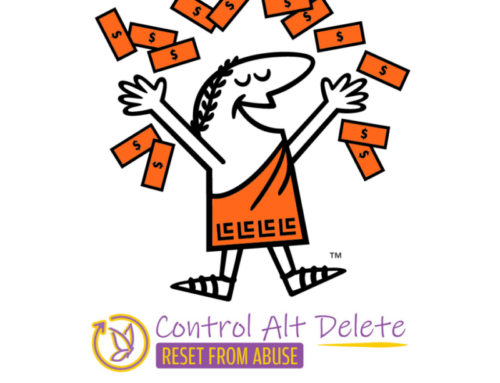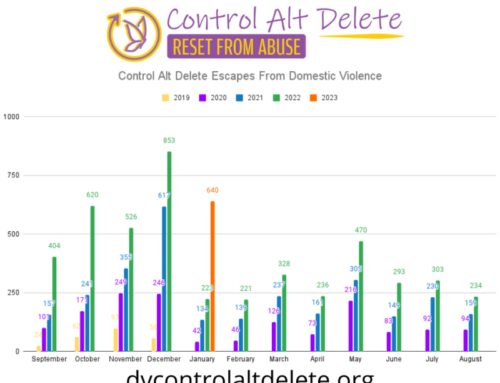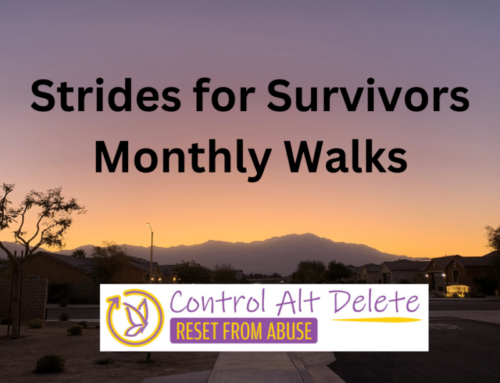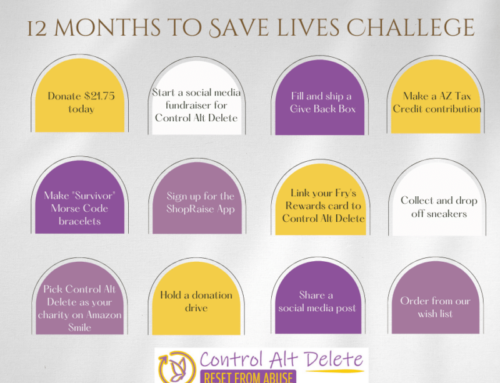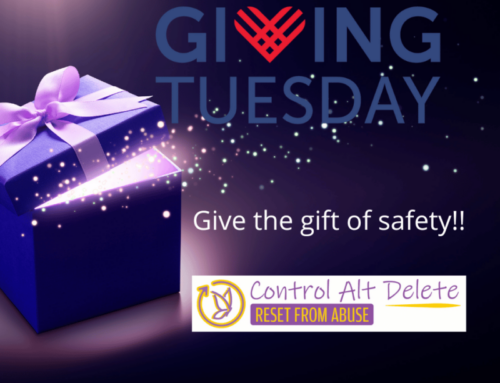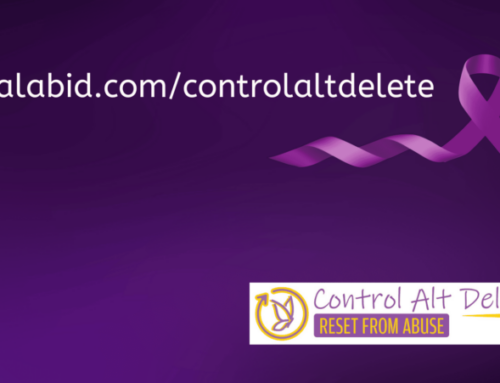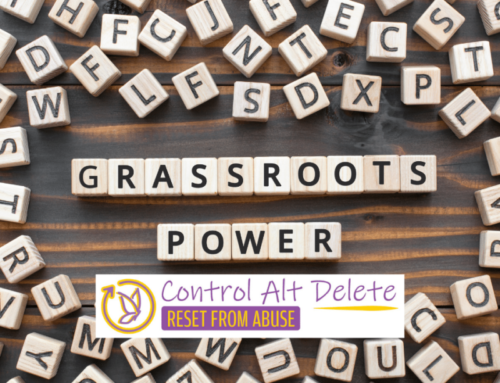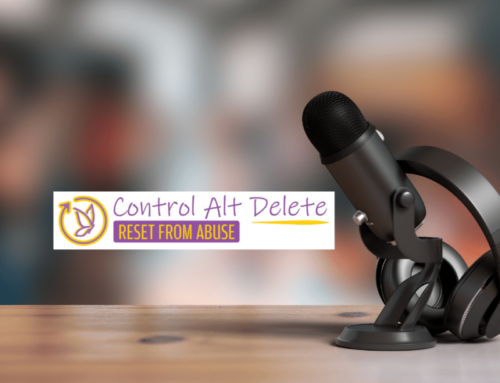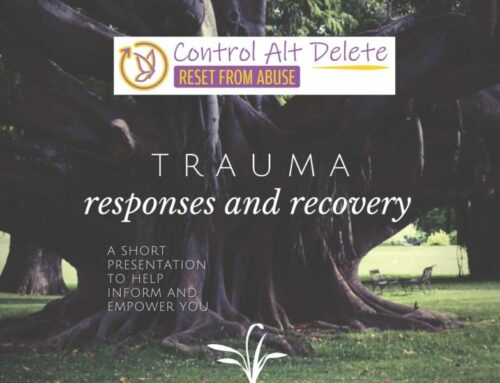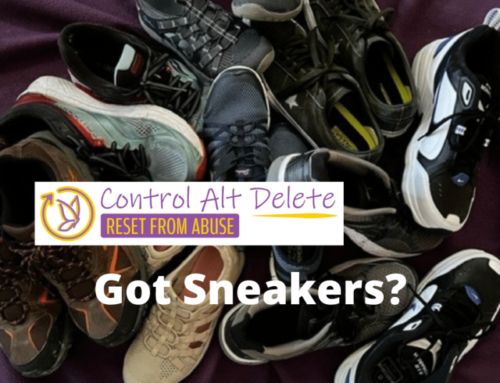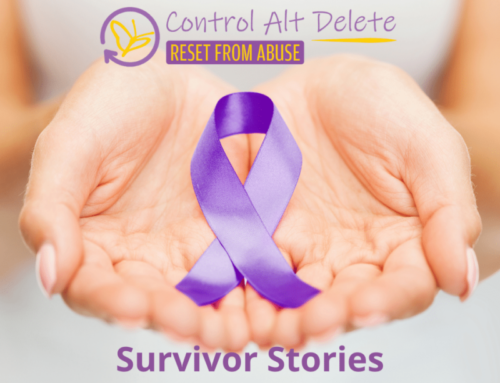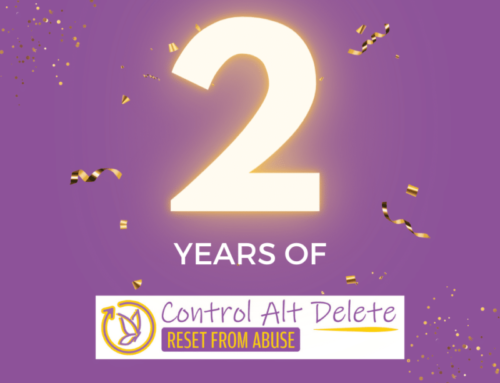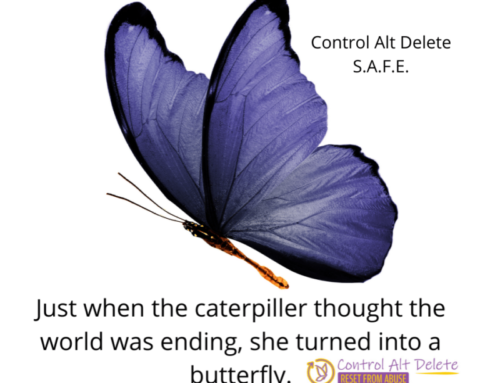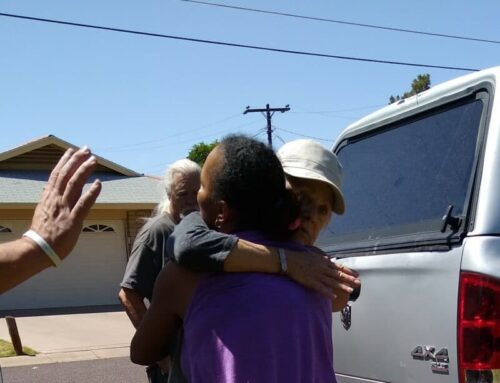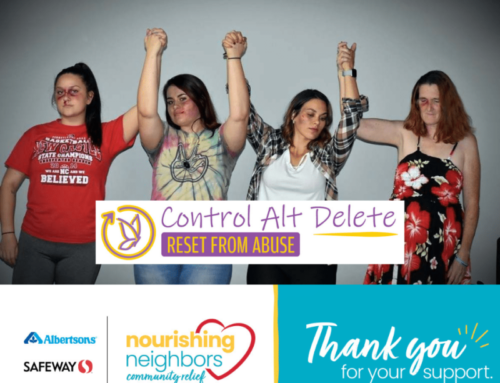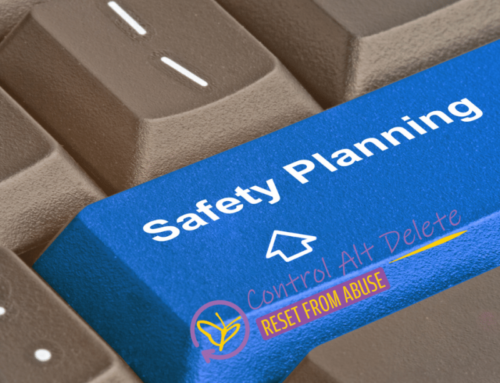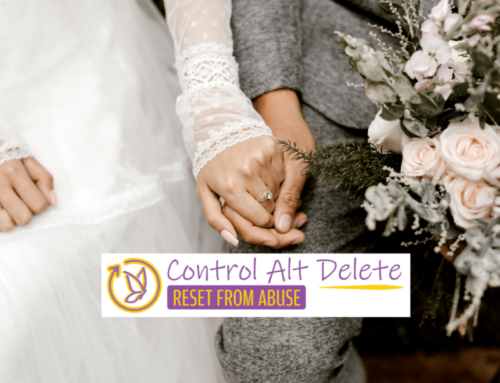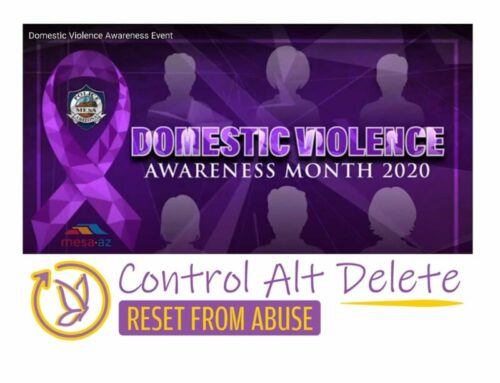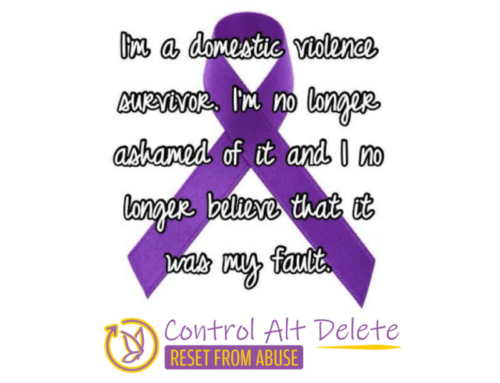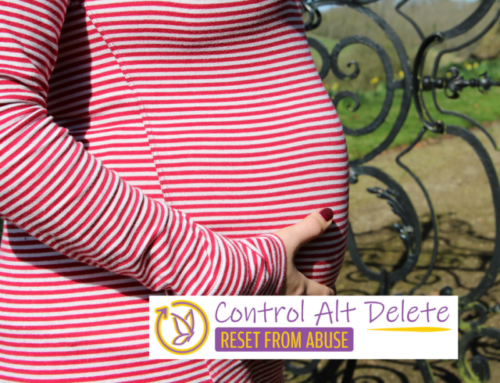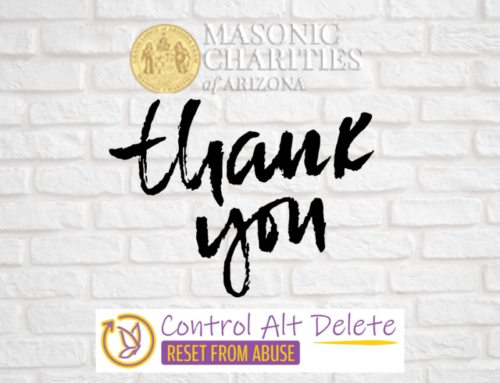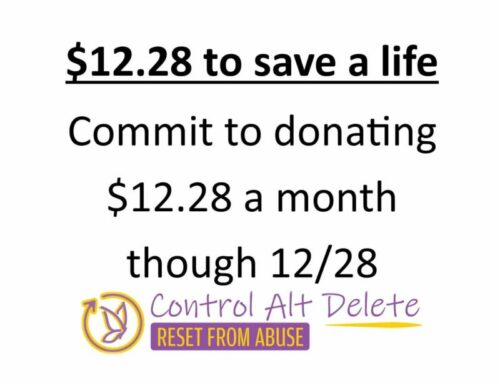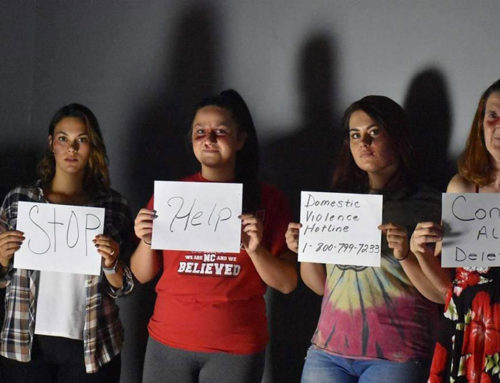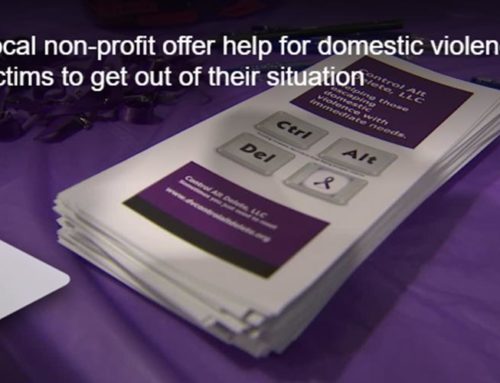The Flying Monkey
The Flying Monkey: A Key Player in Domestic Violence Situations
In domestic violence, the abuser rarely acts alone. Often, they enlist others to help maintain control over the Survivor, playing critical roles in their manipulation and emotional abuse. One of the most insidious players in this toxic dynamic is the “Flying Monkey.” Named after the minions of the Wicked Witch in The Wizard of Oz, Flying Monkeys actively enable the abuser, perpetuating their narrative and reinforcing the cycle of abuse. While these enablers can harm the adult Survivor, they can also have a devastating impact on children caught in the crossfire.
What Is a Flying Monkey?
In domestic violence situations, a Flying Monkey is someone who assists the abuser by defending, justifying, or spreading their manipulative narrative. Whether consciously or unconsciously, they work to discredit the Survivor and bolster the abuser’s control. This often involves gaslighting the Survivor, spreading lies, and denying the abuse. Statements like, “That never happened,” or, “That’s a lie,” are typical tactics used by Flying Monkeys to invalidate the Survivor’s experience.
What makes Flying Monkeys particularly dangerous is their ability to manipulate others, including children; even adult children, into believing the abuser’s version of events. These individuals often rely solely on the abuser’s narrative, without any facts or evidence, and present it as truth to everyone around them—including children. This has far-reaching consequences, particularly for young Survivors.
How Flying Monkeys Skew Children’s Perception
Children are especially vulnerable to the manipulative tactics of Flying Monkeys. Since they may not fully understand the complexity of the situation, children can be easily swayed by the abuser’s version of events, which Flying Monkeys amplify. Without presenting facts, the Flying Monkey will often work to convince children that the abused parent is at fault or that the abuse never happened. Statements like:
- “That’s not true, your mom/dad is lying.”
- “You know they just exaggerate everything, don’t believe them.”
- “Your mom/dad never did those things; it’s all in their head.”
These manipulations can be profoundly damaging to children, as they often result in confusion, guilt, and misplaced loyalty. A child who hears their other parent being repeatedly discredited by Flying Monkeys may start to doubt their own experiences, leading to long-term emotional harm. Children naturally want to believe the adults around them, and when Flying Monkeys step in with what appears to be certainty, children may feel compelled to take their word as truth, even when it conflicts with their lived experience.
The Damaging Impact on Child Survivors
The effects of Flying Monkeys on child Survivors of domestic violence can be long-lasting and deeply damaging. Here’s how:
- Undermining the Abused Parent’s Credibility: When children are repeatedly told that the abused parent is lying or exaggerating, they begin to question the reality of what they witnessed or experienced. This can create deep confusion, where the child feels torn between their loyalty to both parents. The result is often a fractured relationship with the abused parent, who may be the one working to protect them.
- Emotional Manipulation: By manipulating a child’s understanding of the situation, Flying Monkeys can make the child feel guilty for siding with the abused parent or cause them to feel responsible for maintaining peace. This emotional manipulation can be incredibly taxing on a child’s mental health, leading to anxiety, depression, and even long-term trauma.
- Internalized Conflict and Guilt: A child being told, “That never happened,” may start to doubt their own reality. If the child has witnessed or experienced abuse, but the Flying Monkey insists that they are mistaken, this gaslighting can create a lasting internal conflict. Children in these situations often blame themselves, believing that they have misunderstood or even caused the abuse.
- Siding with the Abuser: One of the most harmful effects of Flying Monkey interference is when a child begins to align with the abuser, rejecting the abused parent entirely. This can happen gradually as the child is bombarded with the abuser’s version of events. Over time, the child may take on the abuser’s narrative and begin to see the abused parent as the problem, further isolating the Survivor and causing emotional pain.
- Lifelong Emotional Trauma: Children who are manipulated into believing lies about their abused parent can carry the effects of this manipulation into adulthood. The emotional confusion, guilt, and trauma from being made to choose sides, doubt their experiences, and question the truth can manifest in struggles with trust, attachment, and relationships later in life.
Flying Monkeys Perpetuating the Abuser’s Lies Without Evidence
One of the defining features of Flying Monkeys is that they rarely have facts to back up their claims. Instead, they simply echo the abuser’s version of events, convincing others (especially children) of the abuser’s lies without any proof or real information. Flying Monkeys will confidently make assertions like:
- “That never happened.”
- “You’re imagining things.”
- “Your mom/dad is just overreacting.”
These statements are presented as absolute truth, even though they are based solely on the abuser’s narrative. The Flying Monkey’s insistence on these falsehoods creates an illusion of certainty that can be especially confusing for children. Kids often lack the critical thinking skills needed to assess these claims, leaving them susceptible to believing these fabrications.
Breaking Free from the Flying Monkey’s Influence
If you are a Survivor and your children are being influenced by Flying Monkeys, it’s crucial to understand that this manipulation is part of the broader abuse strategy. Here are some steps to protect your children:
- Validate Your Child’s Experiences: Reassure your children that their experiences and feelings are real. Let them know it’s okay to trust what they saw and felt, even if others are telling them otherwise.
- Create Safe Spaces for Open Conversation: Encourage your children to ask questions and express how they feel. This helps them process the manipulation they’re exposed to and reaffirms their connection with you as a trusted parent.
- Limit Exposure to Flying Monkeys: If possible, reduce your child’s interactions with people who support the abuser’s narrative. The less contact they have with these individuals, the less opportunity there is for them to be manipulated.
- Seek Professional Help: A therapist experienced in domestic violence and family dynamics can be invaluable in helping children understand what’s happening and protecting them from the emotional harm caused by Flying Monkeys.
- Reinforce Healthy Boundaries: Teach your children the importance of boundaries, especially when others try to push harmful narratives. Help them recognize that they have the right to question information that doesn’t feel right.
Conclusion
Flying Monkeys play a dangerous and manipulative role in domestic violence situations, extending the abuser’s control and causing lasting harm to both adult and child Survivors. By distorting the truth and feeding false narratives—often with no factual basis—they confuse and isolate Survivors, especially children who may not have the tools to discern fact from fiction.
At Control Alt Delete, we stand with Survivors and their children in the fight against domestic violence. We are committed to providing the resources and support needed to escape not just the abuser, but also the harmful influence of Flying Monkeys. Remember, you are not alone. We believe you, we support you, and we are here to help you reclaim your truth and your future.
If you or someone you know needs assistance, please have their advocate reach out to Control Alt Delete.

What to Do If You Realize You Are a Flying Monkey
Realizing that you’ve been used as a Flying Monkey in an abusive dynamic can be a difficult and eye-opening moment. It’s important to acknowledge that being manipulated by an abuser doesn’t mean you are inherently a bad person—abusers are often very skilled at twisting people’s perceptions to fit their narrative. However, once you recognize your role, it’s crucial to take steps to stop enabling the abuse and start supporting the Survivor. Here’s what you can do:
- Acknowledge the Situation: The first step is admitting that you may have unknowingly participated in the manipulation. Reflect on the actions you’ve taken and the things you’ve said that align with the abuser’s narrative. It’s okay to feel shocked or upset by this realization.
- Educate Yourself About Abuse: Understanding the dynamics of domestic violence is crucial. Research the tactics abusers use, such as gaslighting and manipulation, and learn about the impact these behaviors have on Survivors and their children. This knowledge will help you avoid being manipulated in the future.
- Apologize to the Survivor: If you’ve played a part in discrediting the Survivor or enabling the abuse, a sincere apology can go a long way in repairing the relationship. Let the Survivor know that you now understand the truth and are committed to supporting them moving forward. Be prepared for them to need time to rebuild trust.
- Distance Yourself from the Abuser: If possible, limit your contact with the abuser. Abusers rely on enablers to maintain control, so cutting ties or significantly reducing interaction is a key step. Avoid being drawn back into their manipulative tactics.
- Offer Genuine Support: If you truly want to make amends, support the Survivor in meaningful ways. This might involve offering emotional support, connecting them to resources, or simply being a reliable ally. Be careful not to speak over their experience—let them guide the conversation.
- Hold the Abuser Accountable: If you are still in contact with the abuser, it’s essential to hold them accountable for their actions. Don’t excuse or justify their behavior, and don’t participate in any further efforts to discredit the Survivor. Make it clear that you no longer support their manipulative tactics.
- Learn to Recognize Manipulation: Going forward, be vigilant about recognizing manipulation. Abusers often paint themselves as the victim to elicit sympathy from others. Stay grounded in facts, and don’t allow emotional appeals to cloud your judgment.
Recognizing that you’ve been a Flying Monkey is a critical step in breaking the cycle of abuse. By educating yourself and changing your behavior, you can shift from enabling the abuser to empowering the Survivor.


